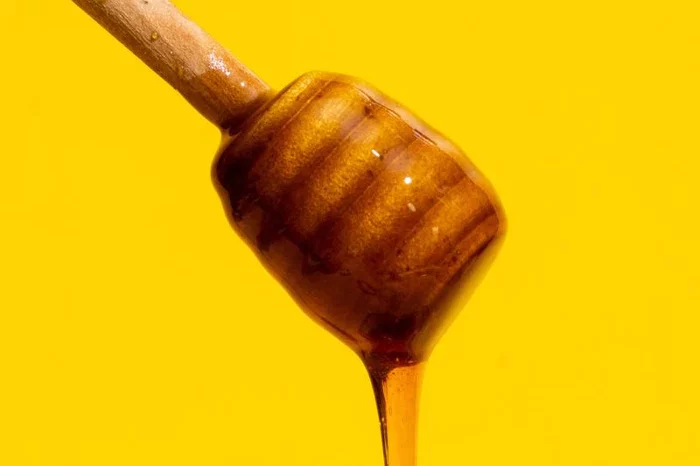Honey, often regarded as nature’s golden elixir, has been treasured for its sweetness and medicinal properties for centuries. Derived from the nectar of flowers by bees, honey is a natural sweetener that has found its way into various culinary and medicinal applications. However, for individuals with diabetes, the consumption of honey raises questions about its impact on blood sugar levels and overall health.
Diabetes, a chronic condition characterized by elevated blood sugar levels, requires careful management to prevent complications. Diet plays a crucial role in managing diabetes, as certain foods can significantly affect blood sugar levels. Therefore, understanding the nutritional composition of honey and its implications for diabetes management is essential.
Nutritional Composition of Honey
Honey is primarily composed of carbohydrates, with sugars such as glucose and fructose being the predominant components. However, the exact composition of honey can vary depending on factors such as floral source, geographical region, and processing methods. Additionally, honey contains small amounts of vitamins, minerals, and antioxidants, which contribute to its nutritional profile.
One important consideration when discussing honey and diabetes is its glycemic index (GI). The GI is a measure of how quickly a carbohydrate-containing food raises blood sugar levels. Honey generally has a higher GI compared to some other sweeteners, meaning it can cause more rapid spikes in blood sugar levels when consumed.
Impact of Honey on Blood Sugar Levels
For individuals with diabetes, monitoring blood sugar levels is crucial for managing the condition effectively. When considering the impact of honey on blood sugar levels, it’s essential to recognize that honey is a source of carbohydrates and will affect blood glucose levels accordingly.
Studies have shown that consuming honey can lead to an increase in blood sugar levels, albeit at varying rates depending on factors such as the type of honey, the amount consumed, and individual metabolic responses. While honey may cause a more rapid increase in blood sugar compared to some other sweeteners, the extent of this effect can vary among individuals.
Potential Benefits of Honey for Diabetes
Despite its impact on blood sugar levels, honey is not devoid of potential benefits for individuals with diabetes. Honey contains antioxidants such as flavonoids and phenolic compounds, which have been associated with various health benefits, including reduced inflammation and improved heart health. Additionally, honey has been used in traditional medicine for its potential antibacterial and wound-healing properties.
Some studies suggest that honey may have a favorable effect on certain aspects of diabetes management, such as glycemic control and lipid profiles. However, more research is needed to fully understand the mechanisms underlying these potential benefits and their clinical significance.
Considerations for Honey Consumption
While honey may offer some potential benefits, individuals with diabetes should approach its consumption with caution. Moderation and portion control are key when incorporating honey into a diabetic meal plan. Monitoring blood sugar levels closely after consuming honey can help individuals gauge its impact and make adjustments as necessary.
It’s also important for individuals with diabetes to consider the overall carbohydrate content of their diet and how honey fits into their daily carbohydrate intake goals. Since honey is a concentrated source of carbohydrates, it should be consumed mindfully and balanced with other nutrient-rich foods.
Alternatives to Honey
For individuals with diabetes who are looking for alternative sweeteners, several options are available. Stevia, erythritol, and monk fruit are examples of non-nutritive sweeteners that do not raise blood sugar levels and may be suitable for diabetes management. These sweeteners offer sweetness without the carbohydrate content found in honey, making them attractive options for individuals seeking to control their blood sugar levels.
Consultation with Healthcare Providers
Before making significant dietary changes, individuals with diabetes should consult with their healthcare providers, such as registered dietitians or diabetes educators. These professionals can provide personalized dietary recommendations tailored to individual health needs and goals. Discussing concerns and preferences about honey consumption with healthcare providers can help individuals make informed decisions about incorporating honey into their diabetes management plan.
Conclusion
In conclusion, honey can be a sweet addition to the diet for individuals with diabetes, but it should be consumed mindfully and in moderation. While honey offers potential benefits such as antioxidants and wound-healing properties, its impact on blood sugar levels requires careful consideration. By consulting with healthcare providers and monitoring blood sugar levels closely, individuals with diabetes can incorporate honey into their diet while effectively managing their condition. As with any dietary choice, moderation and balance are key to achieving optimal health outcomes for individuals with diabetes.
Related Topics:
Do Not Eat These Food, If You Have High Blood Sugar

























